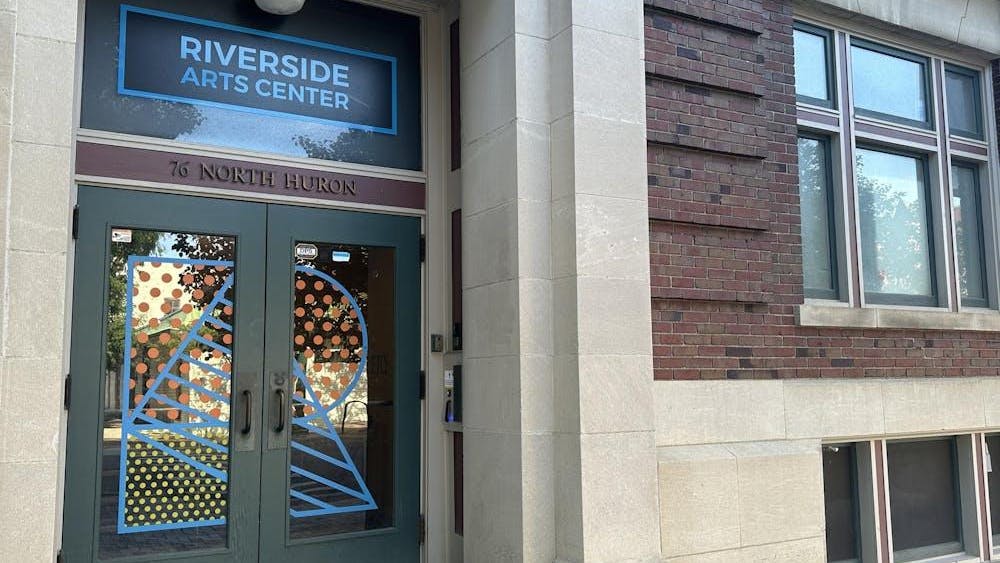Eastern Michigan University has developed a new policy regarding underage drinking in response to a statewide medical amnesty law in effect since June 1 that creates exceptions to Michigan’s Minor in Possession laws.
The new law states that a person under 21 years of age who voluntarily seeks medical treatment or accompanies an individual who voluntarily seeks medical treatment for overconsumption of alcohol will be exempt from a violation for the purchase, consumption or possession of alcohol.
Minors who had consumed alcohol but initiated contact with a police officer or emergency medical services personnel to get medical assistance for a legitimate health concern, including criminal sexual conduct against the minor, would also be exempt from a violation.
EMU is not required to follow the new medical amnesty law for cases of underage drinking on campus, but decided to organize a committee to get a medical amnesty policy approved for the university itself.
The ultimate goal of the EMU medical amnesty process, as stated by the committee, is to encourage better long term decision making.
EMU Student Body Vice President Desmond Miller said the committee, a collaboration between faculty members, students and the Wellness Center, developed a new policy including medical amnesty, which was approved by EMU’s Board of Regents.
Director of Student Judicial Services Jesus Hernandez said, “The spirit of the committee was to mimic or do what we can to come close to state law.”
EMU’s new policy allows a minor who is a first-time violator of the university’s underage drinking policy to apply for medical amnesty. The rules for what makes an individual eligible for medical amnesty at the university are the same as those for the state.
However, Hernandez said even if a student receives medical amnesty through the state, they will not necessarily receive it from the university. The process of applying for medical amnesty allows the university to investigate the incident and decide if the specific case fell under the rules for medical amnesty.
Hernandez said if medical amnesty is granted through EMU, all fines will be waived but the student will still receive a formal reprimand. The student will also be required to meet with a counselor at Snow Health Center to determine if it was an isolated incident or if the student may have a drinking problem requiring further help.
Snow Health Center intern Alecia McNeal said the Wellness Center’s role in the medical amnesty process is to put the student through the Brief Alcohol Screening Intervention of College Students program which motivates the student to make healthier drinking choices and gives them information and skills for risk reduction.
“By sitting down with our Health Education Coordinator Kathy Waltz, it gives the student a chance to reflect on their drinking habits. Also, to see if this was a one-time event or are there some underlying issues,” McNeal said.
The state and the university’s policy also states a minor can only use medical amnesty once and any incidents after that will be treated as normal violations, Hernandez said.
Gloria Hage, EMU’s general legal counsel, said, “The University hopes that this law will positively affect students in that it will encourage students to seek medical assistance for themselves or others without fear of a legal citation. We hope they will be more likely to seek assistance, therefore leading to a safer environment.”
Miller said the committee is working on an awareness campaign that would aim to inform students about the medical amnesty policy. In the campus residence halls, students would be able to participate in activities and games focused on medical amnesty education and be able to win prizes.
Other parts of the awareness campaign include print media, open forums, student leader and student employee training sessions and coordination with other student organizations and departments.
Hernandez said EMU’s medical amnesty policy isn’t a campaign to eradicate drinking altogether nor to encourage it, but to allow those who need help to seek it without fear of getting in trouble.
Hage said there was not a significant concern the law may increase underage drinking since it provides amnesty in the limited situation where a student becomes ill and seeks out medical or police assistance.
“We do not believe that the existence of amnesty will encourage our students to put their health and safety at risk,” she said.







